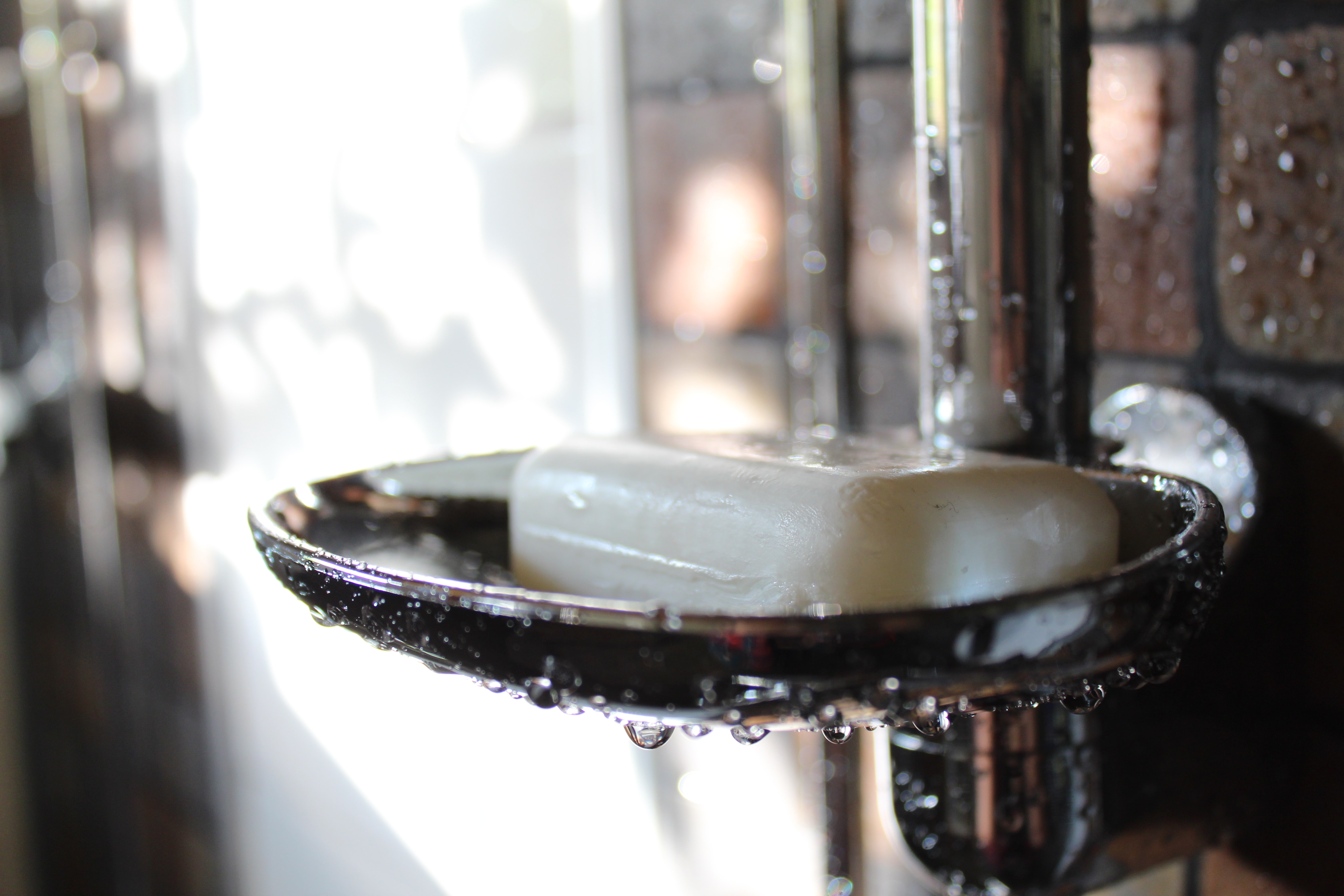COVID-19 calls on our better angels

We were all busy enough, anxious enough, stressed enough. And then came COVID-19.
This dastardly little virus is wreaking havoc with our economy, our society, our travel and our brains. Just when we need our very best thinking, fear walks in and drives us a little crazy.
I’m not an expert on viruses, but I do have a lifetime of experience in public health. Public health is about the health of all of us, as a community. Public health does not deny our innate need to attend to our own safety and survival, but it also calls us to do more than that: to act on behalf of the common good.
Let me remind you of several ways to preserve our common good in the face of COVID-19:
Wash your hands!
Handwashing is a well-established habit for me, but 20 seconds? Really?! The recommendation to sing “Twinkle, Twinkle Little Star” does not help me, because that song bores me. I was struggling to find my own lovely 20-second song — something for Lent, perhaps? — when I came across this video from Vietnam:
This changes things. What if I learned these handwashing moves and did them at the sink? What if I started paying attention to the smooth foam of the soap and the pleasure of running water? Could we make handwashing pleasurable?
Cover your sneezes with tissues, and then throw them away.
Learn to think of your sneezes as perfectly designed to hurl viral particles into the atmosphere, to be touched and inhaled by all the beloved people around you. (In truth, sneezes were designed by evolution to get the crud out of your respiratory system; however, viruses are designed by evolution to make the most of the ride!)
Your body will sneeze when it needs to. And let me just add that sneezes are weirdly wonderful. I have a sister who sneezes many tiny sneezes, and a husband who sneezes with an incredible tenor resonance. We can enjoy this. But tiny or voluminous, we must cover them.
Carry tissues. Sneeze into the tissue. Throw the tissue away. Wash your hands. (Which is now fun!)
Greet people without touching them.
Yes, we need to give up the handshake, at least temporarily. I’m finding that it is most hospitable to clearly take the lead in this. When meeting someone with whom I would normally shake hands, I say something like: “I’m not shaking hands these days, but I’m so glad to see you!” It puts all of us at ease to be forthright about it, since it’s honestly hard to know what the social rules are now.
The director general of the WHO has recommended no elbow bumps or fist bumps. He said he is simply saying hello and putting his hand on his heart. It’s a good option.
Stay home if you are sick.
In our busy-busy culture, going to work, even while sick, has a kind of machismo about it. I recognize that I am guilty of this. We subconsciously or consciously admire the healthy and pity the sick.
We need to see staying home while sick as an act of generosity. Say thank you to these good people!
Do not stigmatize people associated with the virus.
It may seem surprising, but stigma around a disease contributes to its spread; it does not help control the disease. Acts of disrespect and even violence toward Asians, and especially Chinese people, are a terrible consequence of COVID-19.
Be careful (i.e. full of care) with your thoughts, words and actions. We need collective solidarity and clear, actionable information to support communities and people affected by this new outbreak.
Here’s a bit of good news: acting on behalf of the common good will help us prevent new infections, and makes us feel better. Really and truly.
Rebecca Stoltzfus




